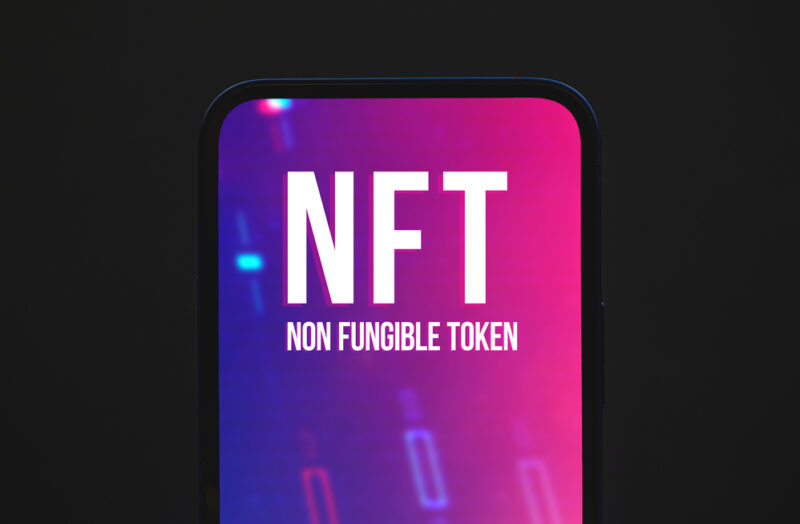It may come across as science fiction; however, a Nigerian-born technological entrepreneur believes he has discovered a way for Africans to avoid problems such as disparity and poor governance – a digital society born on the internet.
His is one of a multitude of African-led digital projects aimed at assisting the world’s poorest land mass in capitalizing on digitalization and addressing real-world issues, although some technology experts warn that such web-based environments risk recreating offline imbalances.
There are numerous factors that prevent Africans from pursuing real-world opportunities, according to Emole, one of the founders of the Afropolitan dynamic network venture.
The web is the only area in the world that acts as an equalizer.
The rise of the metaverse, a shared online atmosphere where individuals can congregate, purchase digital products, and attend events, has raised concerns about digital rights, data protection, and online disparities.
What tends to happen to a person in rural settings who doesn’t have access to the internet? Thami Nkosi, an activist and research scientist at the South African non-profit Right2Know, which focuses on enhancing access to data, asked.
Who might stand to gain from this if we don’t have WiFi, internet, or power generation?
However, some research teams and activists believe that as cell devices and internet access propagate across the continent, new opportunities might very well emerge, and they have emphasized the demand for services tailored to African needs.
As per a review by market research firm L’Atelier, the developing virtual financial system already encompasses 2.5 billion individuals and produces billions of dollars every year.
The majority of the digital solutions we use in Africa were developed in Europe, China, North America, or the Middle East, as per Johan Steyn, director of the Institute of Information Technology Professionals South (IITPSA), Africa’s specialized interest group on robotics and artificial Intelligence.
In order to appease the individuals of this region, we require an African perspective on using advanced technologies, according to Steyn.
Introducing the metaverse to Africa, according to South African technology startup founding member, Mic Mann, is a component of future-proofing the region to guarantee it stays strong with the fast-expanding virtual realm.
It might entirely transform the way we perform, continue living, and play, according to Mann, founding member of Ubuntuland, which bills itself as the region’s novel metaverse online market.
The Afropolitan plan is aimed at over 140 million-strong African population and, eventually, tangible land.
Emole, who was brought into the world in Nigeria and grew up in the USA, believes it has the potential to provide remedies to poor governance in several of the continent’s nations, which he cites as a major cause of the migration of people.
Afropolitan stated that it accumulated $2.1 million in a financing round in June to aid in the development of the digital world and that 10,000 people have signed up for further updates and information.
Its founders intend to begin by selling NFTs that would serve as a virtual travel document to Afropolitan activities and physical locations prior to establishing an app that allows participants to move funds and purchase products and services.
Emole, who is situated in Silicon Valley, stated that the project would then span the web and metaverse, eventually growing into a full-fledged digital nation possessing its own currency and common purpose.
The founding members eventually hope to obtain land from government entities in order to establish a collection of Singapore-style mandated cities with complete independence and even provide residents with services such as water and energy using crypto.
The Bottom Line
Mann wishes that metaverse areas such as his Ubuntuland would serve as a job creation instrument, allowing users to display their skills and acquire money online.
Ubuntuland began selling pieces of land in its digital market in February with the goal of showcasing African art, entertainment, technology, and design.
MTN as well as M&C Saatchi Abel, a South African advertising firm, have already purchased plots.
WeInvests is a financial portal-based research agency. We do our utmost best to offer reliable and unbiased information about crypto, finance, trading and stocks. However, we do not offer financial advice and users should always carry out their own research.
Read More













